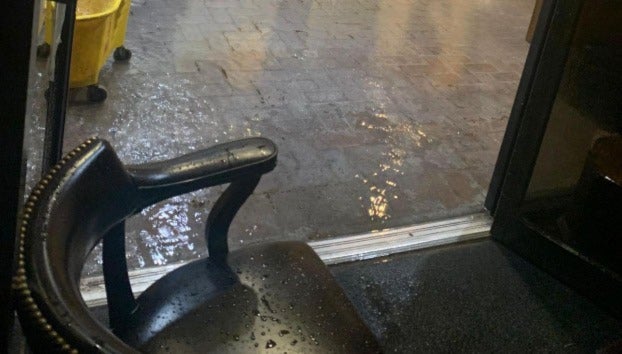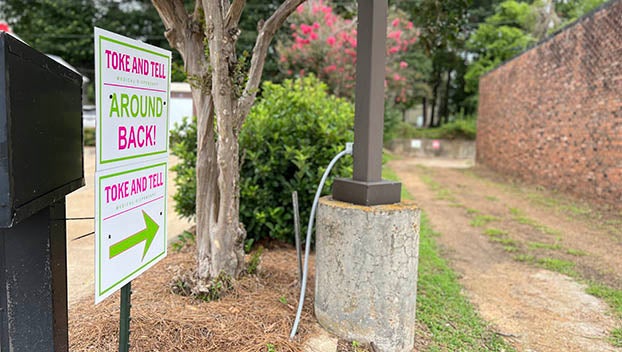Velocys gets environmental green light
Published 1:18 am Thursday, August 9, 2018
NATCHEZ — A renewable fuels refinery planned to locate in Adams County got the environmental green light from the U.S. Department of Agriculture this week.
The USDA issued a Finding of No Significant Impact (FONSI) in its environmental assessment report for Velocys’ planned Mississippi Bayou Fuels biorefinery in Natchez.
The renewable fuels company announced Tuesday that with the FONSI process completed, Velocys will now focus on the next steps of the project’s development, including getting the state-level permits required to build and operate the biorefinery in Natchez.
“This is a great step forward for a project that is a natural fit for the local resource base and economy,” said Chandler Russ, Executive Director of Natchez Inc. “The USDA assessment should ease considerably the process for obtaining additional permits, and other porject development activities.”
The assessment report detailed the impact of the proposed facility across several facets, including land use, water resources, air quality, widlife, visual impact, noise, transport and public and occupational health.
The report concluded that the proposed plant would have “none,” “none to minor” or “minor” impacts during construction and operation.
The FONSI was issued as part of Velocys’ ongoing development to build its first U.S. biorefinery in Natchez. The company secured a 100-acre site in Adams County in October 2017.
Velocays plans 40 refinery jobs paying an average of $100,000 yearly, and could indirectly support another 100 forestry jobs paying an estimated $40,000 per year on average.
The Natchez site will be home to a pioneering biorefinery that will use the company’s technology to produce low-carbon transportation fuels from wood wastes of lumber operations and tree plantations.
Velocys expects to convert locally sourced wood biomass waste into enough renewable fuel to meet the demands of almost 40,000 running diesel and gasoline trucks.
No opposing or negative comments were filed as part of the USDA’s public consulation process, a company spokesman said.





